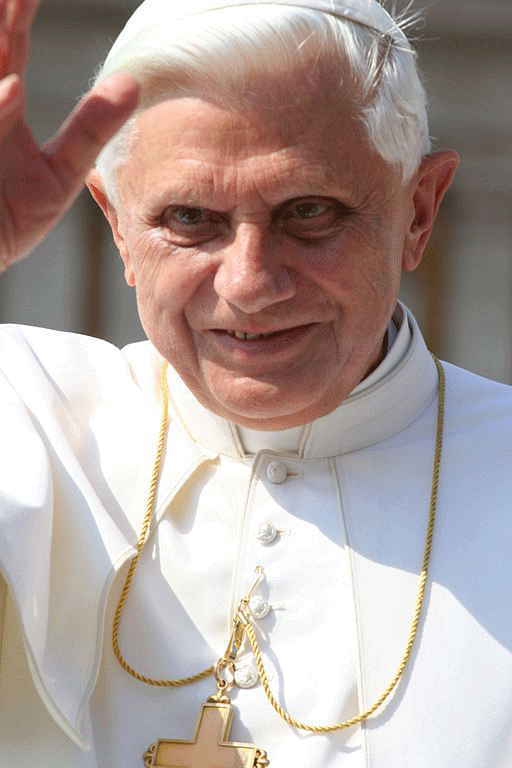
Resignations immediately evoke a fiercely negative connotation these days. Coaches and executives often resign when they break rules or laws. President Nixon resigned his presidency in the wake of ugly scandal. And in the Church, bishops have resigned their posts over mishandlings of clerical abuse in their dioceses.
However, sudden endings to high-profile positions shouldn’t necessarily arouse suspicion and negativity. Coaches often retire after winning a championship. Many presidents, even before the term-limit amendment, stepped away after two successful terms. And in the Church, bishops perennially retire from ministry because of old age, continuing ministry to their brothers and sisters but handing the leadership position on to the next generation.
Pope Benedict XVI, or Cardinal Joseph Ratzinger, as he will soon be once again, has stepped away from the papacy game while still on top. Rather than max out his time at the helm, Benedict has embraced his limits and will give way to a worthy, fresh successor.
Benedict’s resignation is an incredible model of humility. Benedict wrote a simple letter to his brother cardinals that was released to the public — no cameras, no microphones, no reporters. The pope has accepted his advancing age and heeded advice from doctors to stop making transatlantic visits. He has recognized that the Church entrusted to him needs a leader who can more capably respond to the demands of Christ’s people.
He has confronted the reality of his lifetime appointment and freely chosen to admit his human frailty and not cling to power that he knew he could no longer fully exercise. Benedict has recognized that the grasping hand is never full, for it can never be open to receive, so he let go. He remains a leader, a pre-eminent theologian, scholar, author and a cardinal bishop to the Church, and Cardinal Ratzinger will serve Peter’s next successor in humility.
I don’t write to attempt to shape the legacy of Benedict XVI but to shed light on his consistent message: In his papacy, our outgoing pope explained the temptations of moral relativism and emboldened the faithful to stick with the absolute Truth of Christ. In public addresses, liturgical homilies, writings and interviews, he preached tirelessly against relativism, calling it “a dictatorship of relativism which does not recognize anything as certain and which has as its highest goal one’s own ego and one’s own desires.”
My own spiritual reflections often bring me to the fact that modern society chooses to accept and even enable sinful behaviors: We invent hangover pills to mitigate the effects of excessive drinking, divorce to give us an out from resolving marital problems, cosmetic surgeries as a faulty solution to self-image issues, birth control and abortions to enable our sexual promiscuity. Even as all of these social reactions illustrate the relativizing of morality, Benedict XVI called us to live in the light of the absolute Truth that is Jesus Christ.
On the eve of the conclave that elected him pope, Cardinal Ratzinger said, “Today, having a clear faith based on the creed of the Church is often labeled as fundamentalism. Whereas relativism, that is letting oneself be tossed here and there, carried about by every wind of doctrine, seems the only attitude that can cope with modern times.”
Benedict stuck with the unflinching Christian moral standard. While society attempts misguided moral compromise, Benedict encouraged us to stick to our standards, to call society to turn back evil rather than allow it to become the new status quo. What some may call stubbornness I see as righteousness. While some call the Church and its pope naïve or out-of-touch, I see a community and a Christian leader seeking the Kingdom of God by upholding absolute Truth rather than reducing morality into a buffet.
The articulator of this vision for the last eight years has recognized that Truth can be better furthered by a new leader. Benedict XVI has given himself to the people of Christ with the best effort that he had left to give, and now he offers his retirement as his last gesture of leadership. To the next pope, he gives the chair of St. Peter, the call to preach the Gospel at all times, and an incredible standard to follow of Christian humility.
Dan Masterton majored in Theology, lived in Zahm House, and graduated cum laude from the University of Notre Dame in May 2011. He currently is a theology teacher, campus minister and baseball and basketball coach at Xavier College Prep in Palm Desert, CA. Visit his blog or contact him at dmastert@alumni.nd.edu.